Multijurisdictional Practice in a Post-Covid World: ABA Seeks Comments on Proposed Changes to Model Rule 5.5
Lawyers work remotely in the post-pandemic world. Lawyers also increasingly specialize, a trend that has been on the rise for decades. But the current ethical rules do not reflect the new paradigm. The Association for Professional Responsibility Lawyers (APRL) published a report almost two years ago proposing changes to address this new reality. In response, the American Bar Association’s Center for Professional Responsibility has now published an Issues Paper seeking comments on possible amendments to ABA Model Rule of Professional Conduct 5.5, the rule regulating the unauthorized and multijurisdictional practice of law.
The Current Rule and Its Problems
As it currently stands, Rule 5.5 prohibits the practice of law, establishment of an office, or holding oneself out as admitted to practice, in a jurisdiction without a license. It provides some exceptions, allowing practice on a limited or temporary basis, subject to a list of restrictions.
Today’s legal world does not match up with these restrictions. Lawyers are more and more specialized, causing clients to seek expertise in other jurisdictions. A client in New York may seek out a patent lawyer in California with expertise in computer chips. On a global level, a client in Singapore may turn to a lawyer in New York for advice about foreign direct investment in Florida. Their meetings probably will occur by video. And the Covid-19 pandemic taught us that we can, in fact, meet with clients, go to court, collaborate with colleagues, and get our work done without being in an office or a courtroom. Yet, the current Rule 5.5 might threaten a lawyer with discipline if they are not careful to abide by its restrictions.
In play is a balance between a client’s right to choose their counsel and the profession’s obligation to protect the client. As the APRL report comments, the “principal of client choice of counsel … receives no deference under Rule 5.5.” At the same time, the rules should protect the client by ensuring that the lawyer they hire is competent and will abide by the applicable professional standards.
The Proposed Revisions
The proposed changes to the rule aim to address these problems. The ABA Issues Paper includes three proposals for a new Rule 5.5, one by APRL and two by the ABA Standing Committee on Ethics and Professional Responsibility. Under all three, a lawyer in good standing in any U.S. jurisdiction could practice in another jurisdiction, so long as they disclose that they aren’t licensed in that jurisdiction, do not hold themselves out as licensed where they aren’t, and comply with local regulations. Additionally, under the Standing Committee’s drafts, lawyers need not make these disclosures if such practice is authorized by federal law, limited to federal or tribal law, or limited to the law of the jurisdiction where he or she is admitted. Practice by non-U.S., in-house lawyers would also be eased, so long as their advice would not require pro hac vice admission to a court or pertain to U.S. law.
The Debate Over Changes
Historically, Rule 5.5 has been closely tied to Rule 1.1, the duty of competency. Courts wanted to protect clients from “incompetent, unethical, or irresponsible” representation by lawyers not competent to advise on local laws.
Opponents of loosening the rule argue that competence is still paramount. Proponents answer that current restrictions create a paradox. Rule 1.1 assumes that lawyers can educate themselves to become competent in any area of law. In practice, lawyers often provide expert advice across state lines. Yet, those lawyers may run afoul of Rule 5.5, which assumes that a lawyer cannot become competent to practice outside their home state. For litigation, the client typically must hire local counsel and lead counsel must be admitted pro hac vice to practice before the court. This “Competence Paradox” is at the heart of debate surrounding the proposed changes.
As well as competence, opponents worry that increased cross-border practice may cause problems in enforcement. They say disciplinary entities may disagree over jurisdiction, disciplinary subpoenas might not be enforceable, and client protection funds could run dry. There are also concerns about regulating lawyers’ trust accounts, liability insurance, and even CLE and professionalism standards.
As reviewed above, proponents of amending Rule 5.5 answer that the rule is outdated. As APRL’s report lays out, the current rule stifles client choice, hinders transparency, and obstructs accountability in a changing attorney-client ecosystem.
The Issues Paper also raises a concern about access to justice. Citing a 2020 report, the paper notes that nearly 1,300 counties in the United States have less than one attorney per 1,000 residents, with many having none. But the current Rule 5.5 assumes that a lawyer on the border of a state, for example, cannot become competent to practice a few miles away outside their licensed state. Proponents of the changes, including the APRL, argue that these geographical limitations compound the problem.
Conclusion
Changing Rule 5.5 poses substantial questions. The Issues Paper invites public comment on 16 specific questions, ranging from the Competence Paradox and disciplinary authority to client protection funds and liability insurance. Written comments are due by March 1, 2024, to natalia.vera@americanbar.org and may be posted by the Center for Professional Responsibility on its website.
January 30, 2024
